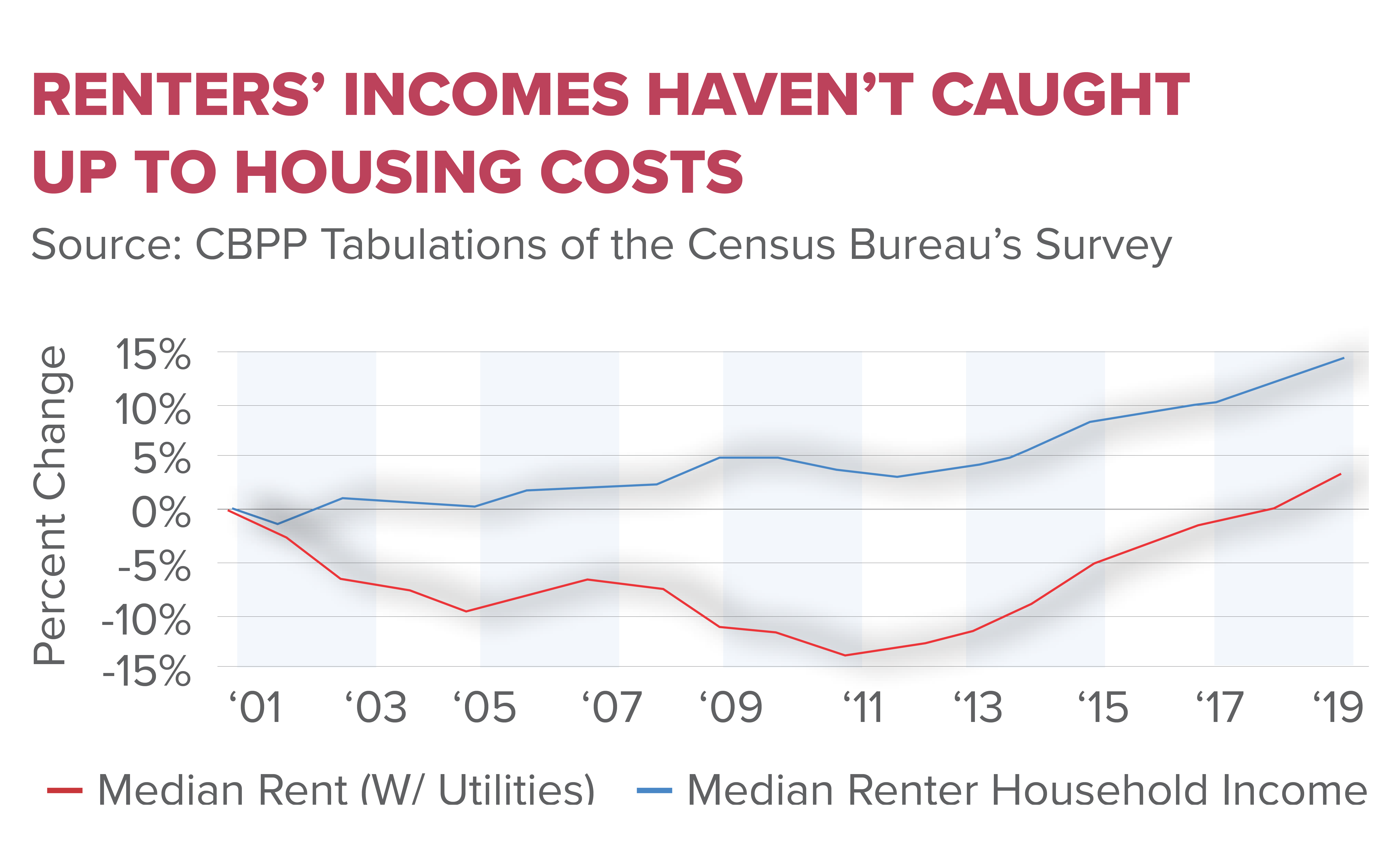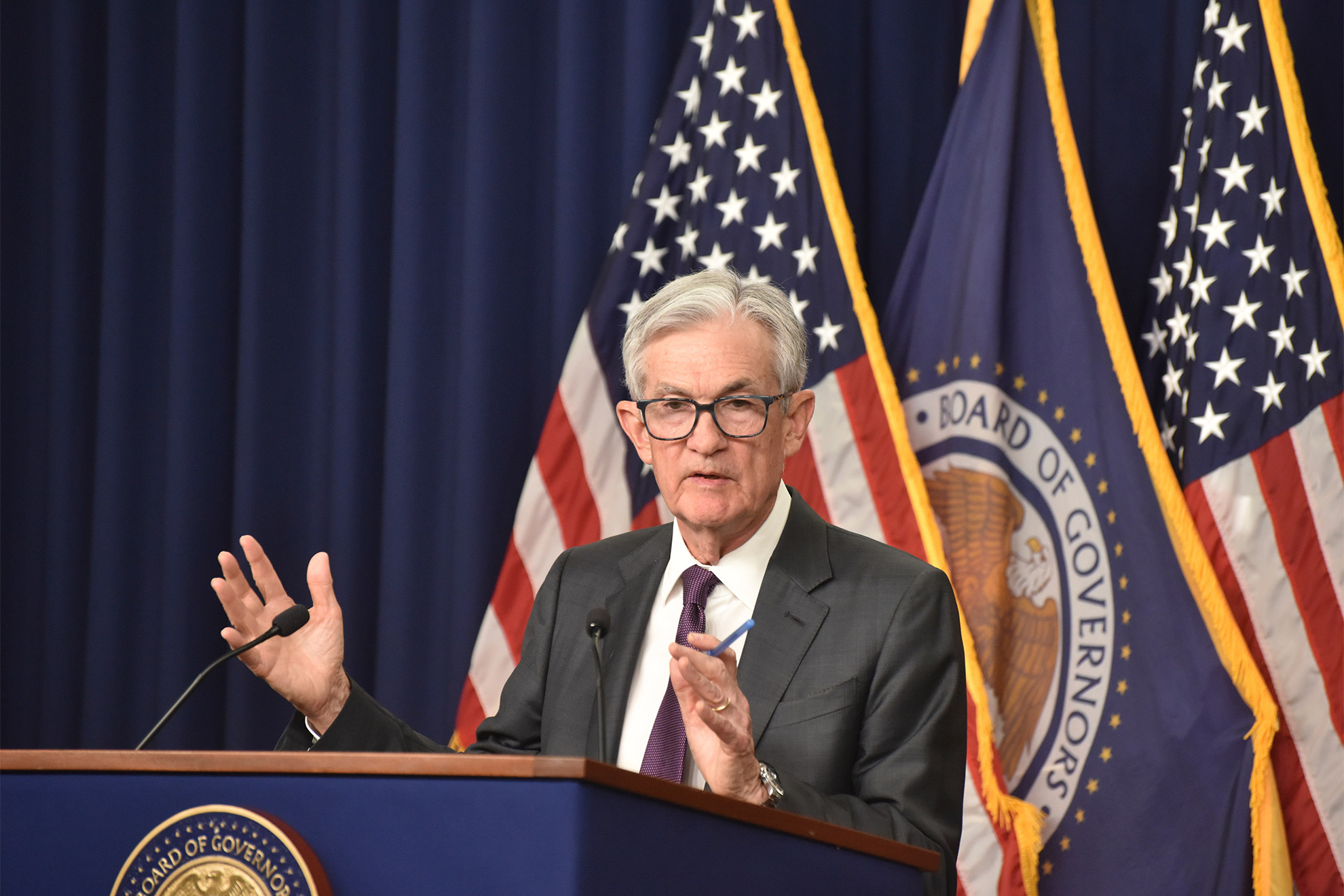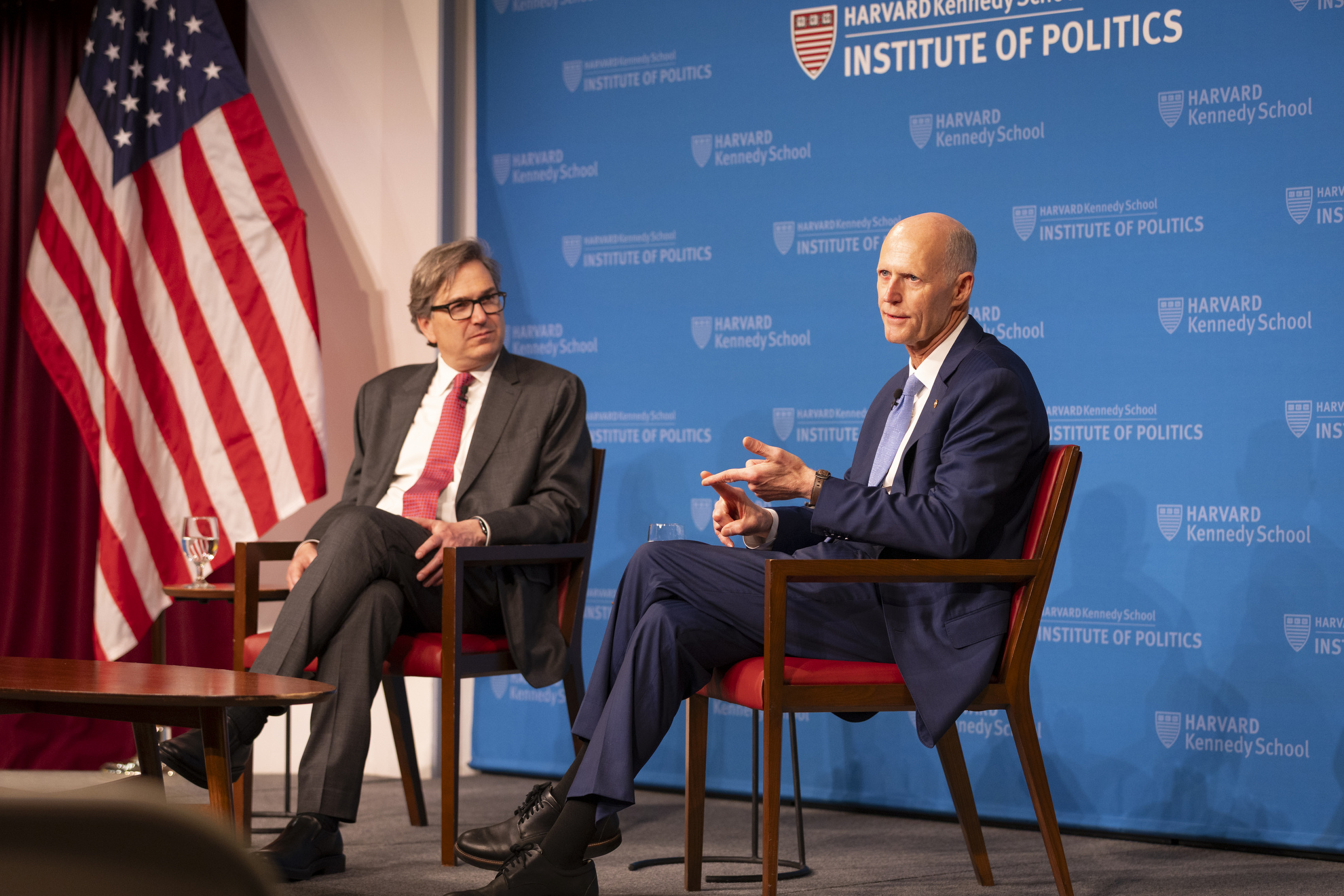The impact of China tariffs has become a pressing topic in the realm of international economics, particularly amidst the evolving landscape of the China trade war. As tensions escalate, the U.S. faces the prospect of imposing steep tariffs on imports from China, igniting concerns about higher prices and supply-chain disruptions for American consumers. Economists warn that these tariffs not only threaten China’s already vulnerable economy but could also backfire, ultimately harming U.S. economic interests and its crucial foreign relations. The delicate balance within US-China relations stands to be further destabilized, giving China new opportunities to deepen ties with traditional U.S. allies. Understanding the ramifications of these tariffs is essential in navigating the complex interplay between trade policy and global economies.
The repercussions of tariffs imposed on Chinese goods have sparked significant discussions regarding their potential consequences on a global scale. As the ongoing trade challenges between the U.S. and China unfold, the relationship between these two economic giants becomes increasingly complicated. Analysts highlight that aggressive tariff strategies may inadvertently escalate costs for American businesses and consumers alike while undermining established economic partnerships. Furthermore, these developments could present China with avenues to enhance its relationships with other nations, reshaping the dynamics of international trade. It is critical to analyze how such protective measures reverberate beyond national borders, ultimately influencing the broader economics of allied countries.
Understanding the Impact of China Tariffs
The imposition of exorbitant tariffs on imports from China signifies a crucial turning point in U.S.-China relations, particularly amidst the ongoing tensions of the trade war. Economists believe that the potential for tariffs set at 60% or more can significantly disrupt the delicate economic balance both nations have maintained. While intended to protect U.S. industries and possibly emphasize a tough stance against Beijing, this approach might inadvertently backfire, leading to higher consumer prices and supply chain disruptions within the United States. The ramifications of such tariffs could reverberate across sectors, affecting everything from electronics to textiles, thus stressing the interlinked nature of global trade.
China’s economy, already struggling with slow growth and internal challenges, faces an existential threat from burgeoning tariffs. The complexities surrounding the origin of goods complicate matters further; many products sold in the U.S. contain components manufactured in China. These tariffs do not merely act as a tax but as a comprehensive blockade against cultural and economic relationships that have evolved over decades. As increasing tariffs threaten to isolate China economically, the possibility of retaliatory measures could escalate a trade war that proves costly for both sides.
The Unforeseen Consequences of the Trade War
Many analysts warn that a renewed focus on tariffs may initiate an unexpected ripple effect on U.S. foreign relations. As the American government threatens to impose hefty duties on goods, there lies a potential pitfall: fostering closer ties between China and U.S. allies affected by these tariffs. For instance, the imposition of tariffs could lead European nations and others to align more closely with China as they seek to counterbalance their economic interests. This could result in a shift of alliances that neglects traditional partnerships cultivated over decades.
Furthermore, such strategic alignments could shift the balance of power in international trade, creating unforeseen challenges for the United States. The more the U.S. pursues a unilateral trade approach, the higher the chances of traditional allies pursuing their own collaborations with China. As this dynamic unfolds, it can potentially fragment the existing global order established after World War II, leading to a restructuring that might diminish U.S. influence.
Challenges in China’s Domestic Economy
China has long relied on its robust export economy as a mainstay for growth; however, with the imposition of further tariffs, the fragility of its domestic economy becomes increasingly apparent. The trade war exacerbates existing issues, such as a faltering housing market and sluggish consumer demand inside China, making it difficult for the country to pivot toward a more consumption-driven model. Obstacles in redefining economic strategies become prevalent, as policymakers grapple with safeguarding export levels while incentivizing domestic consumption.
Moreover, the ability of the Chinese government to navigate these domestic complexities while addressing international trade concerns has become a tightrope act. Fiscal stimulus efforts aimed at encouraging consumer spending may not suffice to offset export losses. As China attempts to diversify its economic model, the looming threat of tariffs on imports only complicates their plans, requiring innovative strategies to remain competitive in a challenging global marketplace.
Economic Restructuring in Response to Tariffs
In light of potential U.S. tariffs on Chinese goods, there has been a notable shift in China’s economic strategy. The Chinese government recognizes the urgent need to adapt amid uncertainties related to tariffs. Diversifying trade partnerships and solidifying relationships with emerging markets have become focal points in China’s response strategy. The increased emphasis on initiatives like the Belt and Road Initiative aims to create new trade networks with countries that may not have high-level trade agreements with the United States.
Simultaneously, there is a keen focus on fostering technological development and reducing dependence on traditional markets. The rise of electric vehicles (EVs) and investments in artificial intelligence exemplify shifts within China’s industrial landscape. As trade barriers potentially isolate China from lucrative markets, redirecting investment into higher-value sectors will be crucial for sustaining economic growth and achieving long-term goals.
Potential Shifts in Supply Chains
The anticipated imposition of increased tariffs on imports from China raises significant questions regarding the resilience and adaptability of global supply chains. Many industries that have heavily relied on China’s manufacturing capabilities will need to evaluate their dependence on Chinese goods and components. Companies may find it advantageous to explore alternative markets, such as India and Vietnam, although challenges persist in scaling production and meeting international standards within these nations.
The transition away from Chinese goods will not be swift and will likely involve extensive adjustments and potential disruptions. The complex nature of supply chains means that businesses must tread carefully, keeping both cost and quality in mind. Companies that successfully pivot to new suppliers may well position themselves to thrive amidst the volatile trade landscape, but the quest for viable alternatives to China will require both time and investment. This gradual shift underscores the need for strategic planning as companies brace for potential upheavals.
The Future of U.S.-China Relations
The complex, often fraught dynamics between the United States and China have reached a pivotal moment. U.S. tariffs, perceived as a weapon in the trade war arsenal, may inadvertently reshape bilateral relations, potentially pushing China and other global players closer together. The implications of such a trade strategy extend beyond immediate economic effects, risking the erosion of alliances that have historically underpinned U.S. foreign policy.
The prospect of the U.S. imposing tariffs could catalyze a broader reevaluation of international alliances, as countries look to align themselves with emerging economic powers. The nuanced relationship between tariffs and global alliances signifies that decisions made in Washington could echo far beyond American shores. As each nation navigates these turbulent waters, the potential for mutual cooperation may diminish, leading to an era marked by economic rivalry rather than collaboration.
Economic Consequences of High Tariffs
The economic repercussions of imposing high tariffs on China are multifaceted and complex. Consumers in the U.S. are likely to find themselves facing increased prices for everyday goods, as tariffs effectively serve as a tax directly passed on to them by businesses. This inflationary pressure could dampen consumer spending, leading to slower overall economic growth. Economists warn that while tariffs might aim to strengthen American manufacturing, they could inadvertently discourage consumption, a vital driver of the U.S. economy.
Moreover, tariffs can instigate significant supply chain disruptions, adversely affecting various industries reliant on timely shipments from China. As businesses grapple with increased costs and potential delays, the cascading impact on profitability and employment rates becomes palpable. Companies might be compelled to reassess their sourcing strategies, inciting a ripple effect within the labor market that could lead to layoffs and reduced hiring.
Global Reactions to U.S. Trade Policies
The potential fallout from U.S. tariff policies extends beyond bilateral trade with China; it also evokes reactions from global markets and key international stakeholders. Nations apprehensive about the rise of protectionism in the U.S. may reassess their own trade policies, fearing that broader ramifications could destabilize their economies. For instance, countries reliant on exports to the U.S. may find themselves reconsidering their trade relations and diversifying their trade partners to mitigate risks associated with U.S. tariffs.
The scenario could parallel the events leading up to the trade war that began in 2018, where concerns about U.S. unilateralism prompted countries to band together in response to perceived threats. The rise of trade coalitions that prioritize collective bargaining power can alter the competitive landscape, affecting the U.S.’s standing in global economics. This interconnectedness reminds us that the actions taken by one nation can produce unintended consequences worldwide, reshaping the geopolitics of trade.
Navigating Future Challenges in International Trade
As the world adjusts to potential shifts in U.S. trade policies, there remains an urgent need for nations, including China and the United States, to engage in meaningful dialogue to mitigate escalating tensions. Essential discussions surrounding tariffs, trade agreements, and market access could serve as avenues to foster mutual understanding and de-escalate conflict. The uncertainty created by ongoing tariff debates necessitates cooperation at a time when global challenges such as climate change, cybersecurity, and public health require collaborative solutions.
Moreover, policymakers on both sides have a unique opportunity to re-evaluate the long-term implications of their trade strategies. By prioritizing diplomacy over unilateral action, they may create pathways toward more sustainable trade relationships that benefit not only their economies but also the broader international community. Navigating future challenges will demand a commitment to building partnerships that transcend traditional rivalry, fostering a trade environment rooted in shared prosperity.
Frequently Asked Questions
What is the impact of tariffs on US-China relations?
The impact of tariffs on US-China relations is significant, often leading to increased tensions. Tariffs can exacerbate trade imbalances, cause retaliatory measures, and complicate diplomatic ties. A new wave of tariffs could further strain these relations, encouraging China to strengthen alliances with other countries while positioning itself against the US.
How do China tariffs affect the US economy?
China tariffs can negatively affect the US economy by increasing the cost of imported goods, leading to higher prices for consumers. This can trigger inflationary pressures and disrupt supply chains, impacting industries reliant on Chinese imports. Furthermore, companies may face challenges in sourcing materials, potentially hampering productivity.
What are the unintended consequences of tariffs on China?
Unintended consequences of tariffs on China may include pushing China to seek new trade partners and reinforce its influence in Asia and beyond. Increased tariffs could also lead to supply chain disruptions that ultimately harm US businesses, as reliance on Chinese manufacturing might cause higher operational costs.
How do tariffs on imports from China affect global supply chains?
Tariffs on imports from China can significantly disrupt global supply chains by increasing costs and leading to delays. Many companies rely on Chinese components for their products; tariffs force them to seek alternative sources, which can be costly and time-consuming, thereby impacting production schedules globally.
What is the long-term impact of China tariffs on the Chinese economy?
In the long term, sustained tariffs on Chinese goods could damage the Chinese economy by reducing export revenues and prompting strategic shifts towards other markets. However, China is also exploring avenues to enhance trade relations with emerging markets to counterbalance losses from the US.
How might a trade war with China influence US consumer prices?
A trade war with China, characterized by high tariffs, would likely result in inflationary pressures, raising consumer prices for everyday goods. As companies pass on the increased costs of tariffs to consumers, items like electronics, clothing, and household products may become significantly more expensive.
What alternatives to Chinese imports are emerging due to increased tariffs?
Due to increased tariffs, alternatives to Chinese imports are emerging in countries like Vietnam and India, which are positioning themselves as competitive manufacturing hubs. However, these nations face challenges in scaling up their supply chains to meet demand swiftly, which could prolong the effects of tariffs.
What strategic responses might China have to increased tariffs?
In response to increased tariffs, China might engage in strategic negotiations with other nations to solidify trade agreements, thereby circumventing reliance on US exports. Additionally, China may increase emphasis on domestic consumption and export diversification as alternatives to mitigate tariff impacts.
How do China tariffs influence the semiconductor market?
China tariffs significantly influence the semiconductor market, as the US imposes restrictions on the export of technology to Chinese firms. This can limit China’s capacity to develop its technology sector, while also prompting US firms to reevaluate their supply chains and sourcing strategies to adapt to new tariff regulations.
What role does the Belt and Road Initiative play amidst US-China tariff discussions?
The Belt and Road Initiative serves as a strategic tool for China to strengthen its global trade relationships, especially during tariff discussions. As tensions rise, China can leverage this initiative to foster economic ties with participating countries, thereby reducing its dependency on US markets amid a trade war scenario.
| Key Points | Details |
|---|---|
| Impact of Tariffs on U.S. Economy | Higher prices for consumers, potential supply chain issues, and labor shortages. |
| China’s Economic Vulnerability | China faces difficulties due to its housing market and sluggish consumer demand, making tariffs a significant threat. |
| Political Ramifications | Increases the chance of China strengthening ties with U.S. allies, potentially harming U.S. foreign relations. |
| Negotiation Opportunities | China may view tariffs as a catalyst for new negotiations with the U.S. |
| Alternative Markets for China | China is attempting to strengthen trade relationships with nations in Southeast Asia, Latin America, and Europe. |
Summary
The impact of China tariffs is significant and potentially detrimental to both the U.S. and China economies. The proposed tariffs, particularly those reaching up to 60%, could lead to increased prices for American consumers while simultaneously risking supply chain disruptions and labor shortages. Additionally, these tariffs might inadvertently strengthen China’s relations with traditional U.S. allies, leading to shifts in global trade dynamics. It is crucial for policymakers to consider these ramifications carefully, as the implications of tariffs could reverberate beyond economic borders into the realm of foreign relations.










